Deal volume is well off its peak, and that’s compelling PE firms to get creative when it comes to getting transactions done.
That was the upshot of a recent webinar featuring Harv Barenz, partner at Palo Alto-based buyout firm HGGC; Dominic Chan, director and head of financial sponsor coverage at San Francisco-based investment bank Vaquero Capital; Andrew Morrow, Los Angeles-based managing director in the financial sponsors group at Houlihan Lokey; and Nadim Malik, founder and CEO of New York City-based SPS by Bain & Co.
The speakers described a softening market where many sellers remain on the sidelines, reluctant to do a transaction at a sub-optimal time or stymied by the shutdown of the syndicated loan market. Companies that are making it to market, they said, tend to be either strong performers (and thus commanding top dollar) or poor performers in need of cash.
Bain & Co.’s Malik pointed to a “mismatch” in expectations of buyers and sellers over price as one reason for the impasse. “We don’t have hard data yet, but it’s pointing in the direction that there’s going to be a larger percentage of deals that are launched in the current market that don’t end up transacting or are just going to take longer to close.”
That deal sponsors face an M&A slowdown was amply demonstrated by statistics generated by SPS by Bain & Co., a provider of deal sourcing tools and analytics. At 10,694, the number of North American M&A deals of $10 million or more in EV that closed in 2022 was off 15 percent from the prior year. In the first quarter, deal volume dropped and even more dramatic 32 percent from the same period a year before, although the percentage will likely fall as more data comes in.
All that said, the speakers were eager to do deals, with HGGC’s Barenz noting that “history has been favorable to private equity firms that have invested during times of slow growth or even in recession.” Barenz and fellow speakers pointed to some of the creative ways deals are still getting done in the market:
- Going where the deals are: Deal volume in certain industries has held up better than in others, and business services has been a particularly strong sector. The 1,703 business services deals that closed last year marked just an 8 percent drop from the prior year, compared with a 15 percent drop in the overall market, according to data from SPS by Bain & Co.
- Finding the hot sub-sectors: Tech deals saw a 23 percent drop in overall deal volume last year, but you can still find pockets of strong activity. Vaquero Capital’s Chan said he’s seeing plenty of deals involving software companies that address pain points in supply chain management, labeling, logistics, and shipping. Education technology also remains a popular area for M&A; Chan said he had just returned from an education technology conference with more than 10,000 people in attendance. Chan further pointed to restaurants, travel and hospitality as markets that are “roaring back” as people race to make up time lost to the pandemic.
- Closing add-ons: Deal sponsors may be struggling to find new platform companies. But they’re still doing small add-on deals, particularly if they can arrange them without upsetting their original financing terms. So far this year, private equity firms have closed nearly three add-ons for every platform deal, according to SPS by Bain & Co. That ratio has grown every year since 2016, when it was just 1.4.
- Using seller notes, earnouts: Houlihan Lokey’s Morrow said he’s seeing more deals include seller financing as a way to close financing gaps in deals. “What’s interesting about this is it’s typically a cheaper cost of capital relative to other junior financing options for the buyer,” he said. Buyers and sellers are also including more earnouts in their purchase agreements. Such payments, tied to future performance, can bridge differences in valuation by protecting buyers against financial projections that prove too optimistic.
- Taking minority stakes: HGGC, a seasoned minority-stake investor, said the strategy can be particularly effective in times like these. Sellers can take some money off the table, or raise growth capital, without giving up control of their companies. For their part, buyers can invest without having to replace debt financing that was put in place when terms were far more favorable. “Markets are thawing, but they’re not back,” said Barenz. “And so we’re taking a different approach to trying to get deals done.”
Such strategies may prove popular for the foreseeable future, as the outlook for M&A activity remains subdued amid widespread predictions of a recession.
Polled on how many platform companies they expect to close this year, more than half of the webinar participants, or 55 percent, said they expect the number to be down this year. Another 23 percent said even with last year.
Still, SPS by Bain & Co’s Malik said that predictions of a bad recession may well prove too dire. And he pointed out that private equity firms this year should be motivated both as buyers (to deploy the dry powder they’ve accumulated) and as sellers (to keep their investors happy by providing distributions).
“I would expect things to pick up in the second half of the year,” he said.

